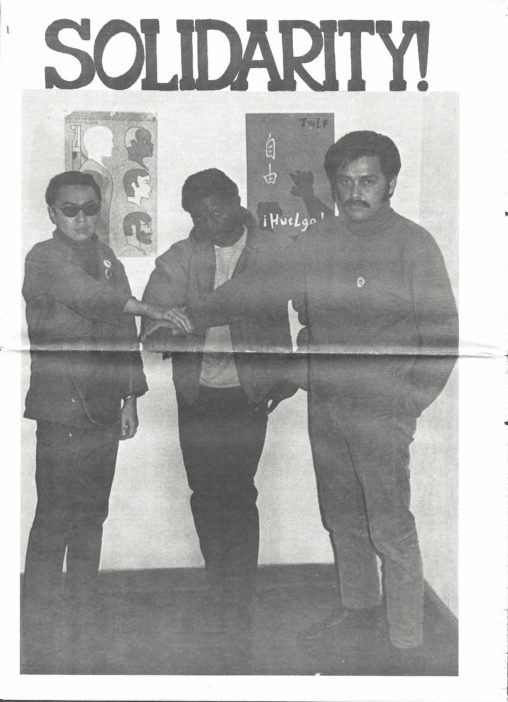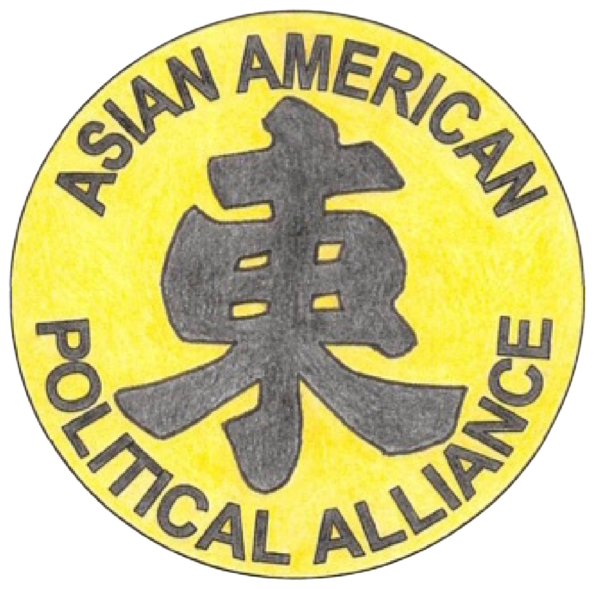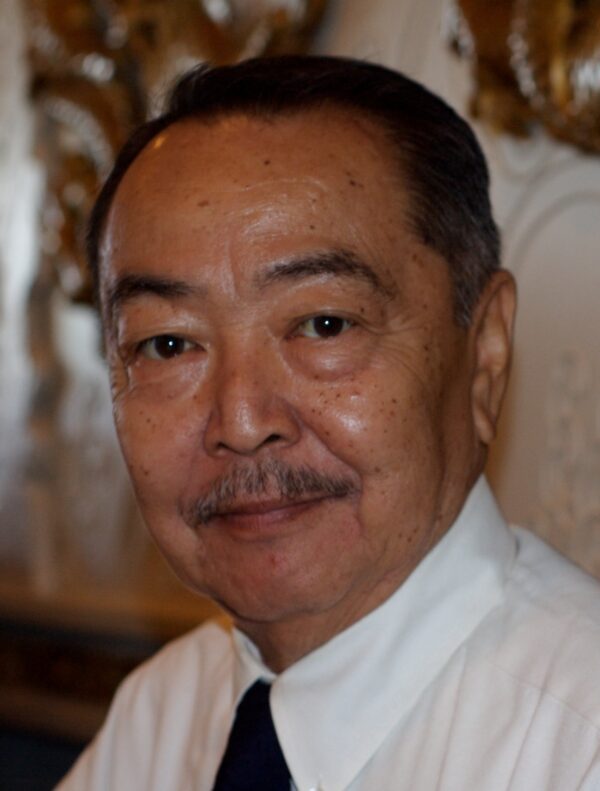The Asian American Political Alliance was formed at the University of California at Berkeley in May of 1968 by graduate students Yuji Ichioka and Emma Gee with support of Floyd Huen, Richard Aoki, Victor Ichioka, and Vicci Wong. The group created the university’s first pan-Asian American political organization as they sought to define Asian American identities amid the tumult of the Vietnam War protests and the Civil Rights Movement. Attentive to the identities of Filipino, Japanese, Korean and Chinese Americans who were stereotyped as “Oriental” or as part of a “silent minority,” the AAPA originated and popularized the term, “Asian American” to signify solidarity among diasporic communities from Asia.
The AAPA initiated the “Yellow Power” movement and began educating and mobilizing students on the Berkeley campus and later at San Francisco State University. Demonstrating cross-identity solidarity, the AAPA participated in the Third World Liberation Front (TWLF), a coalition formed with the Afro-American (Black) Student Union, the Mexican American Student Committee, and the Native American Indian Association. The TWLF sought to form the Third World College, an inclusive studies program with African American and Chicano Studies, an effort that ultimately led to the establishment of the School of Ethnic Studies at San Francisco State University and an Ethnic Studies department at University of California at Berkeley. The AAPA dissolved in 1969 after the TWLF strikes, having also stood in solidarity with the “Free Huey” and the “Anti-Vietnam War” movements. Like many groups of that time, the AAPA was investigated by the FBI. Documentation of the investigation can be found in the FBI’s Asian American Political Alliance files.



